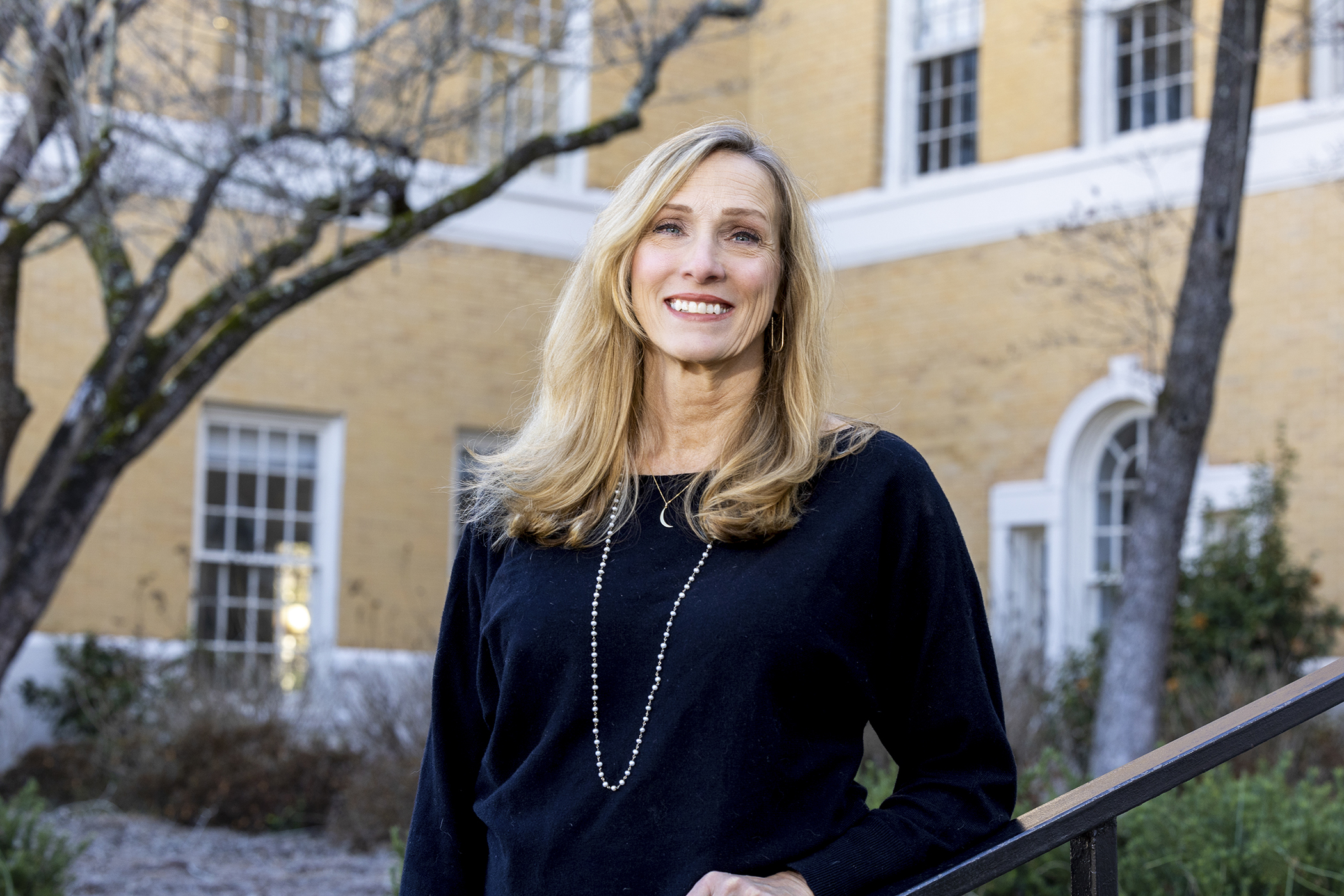Planning for the future can be a stressful time for students, but academic advisors can help them make sense of all the possibilities.
For Bev Hull, who serves as an academic advisor in the College of Family and Consumer Sciences, this is an important time to connect with students. But it’s not the path she originally saw for herself.
“I had taken a lot of business courses and a lot of psychology courses,” she said. “At Lenoir-Rhyne, if there wasn’t a major that they had that fit you, you can sort of make your own major. So that’s what I did, and it ended up being personnel management because that combined psychology and business.”
When she graduated, Hull took on a different kind of job—motherhood.
After 17 years, she started a job in the then foods and nutrition department in 2006 working part time in administrative duties. Hull spent four years in the role before she was asked if she would be interested in advising for the department. At the time, only faculty were advising students, but the department was growing, and Hull became the first advisor specifically for nutritional sciences, dietetics and culinary science, and nutrition majors in 2010.
“We seem to be the best kept secret on campus,” she said.
Hull says that the programs offered in the department of nutritional sciences are great fits for a variety of students, whether they plan to go on to medical school, become registered dietitians or work in the food industry. The three programs Hull oversees combine nutrition and science and can help students have a leg up when applying to postsecondary education programs, particularly in the medical field.
The majority of her student interactions come during advising appointments where Hull can help a student find the right path for them. Hull advises more than 300 students at any given time, and she says that the COVID-19 pandemic actually gave students more options to interact with their advisors.
“I felt like we were able to offer our students more choices because of the pandemic. Before, it was always in-person advising,” she said. “For students who live off campus, it was sometimes a little trickier to get here and see me. Many of my students are working on patient care hours or they have jobs, so it’s been great for them to be able to jump on a Zoom.”
Hull emphasized flexibility as key for students, whom she said have been more open when talking about their mental health and their emotional needs in the academic space.
Hull said after the pandemic students were more willing to tell her that they needed help or that they were struggling.
“That’s one more facet of my job. We have a lot of places (on campus) that students can go and get help, and so I’m so glad when students are open with me and discuss more than just coming in to get their schedule, which is what the job used to be when I first started out,” she said.
It’s the student relationships that Hull enjoys most about her job.
“I just like talking to students on that level,” she said. “I did take a lot of psychology classes in college, and if I had stuck with that I would have probably gone into counseling or therapy.”
When she’s not guiding undergraduate students, Hull enjoys spending time with her family and her dog. She also enjoys creating her own art projects and being creative. Though it has slowed down during the pandemic, she is also an avid traveler, her favorite spot being the Galapagos Islands in Ecuador.


